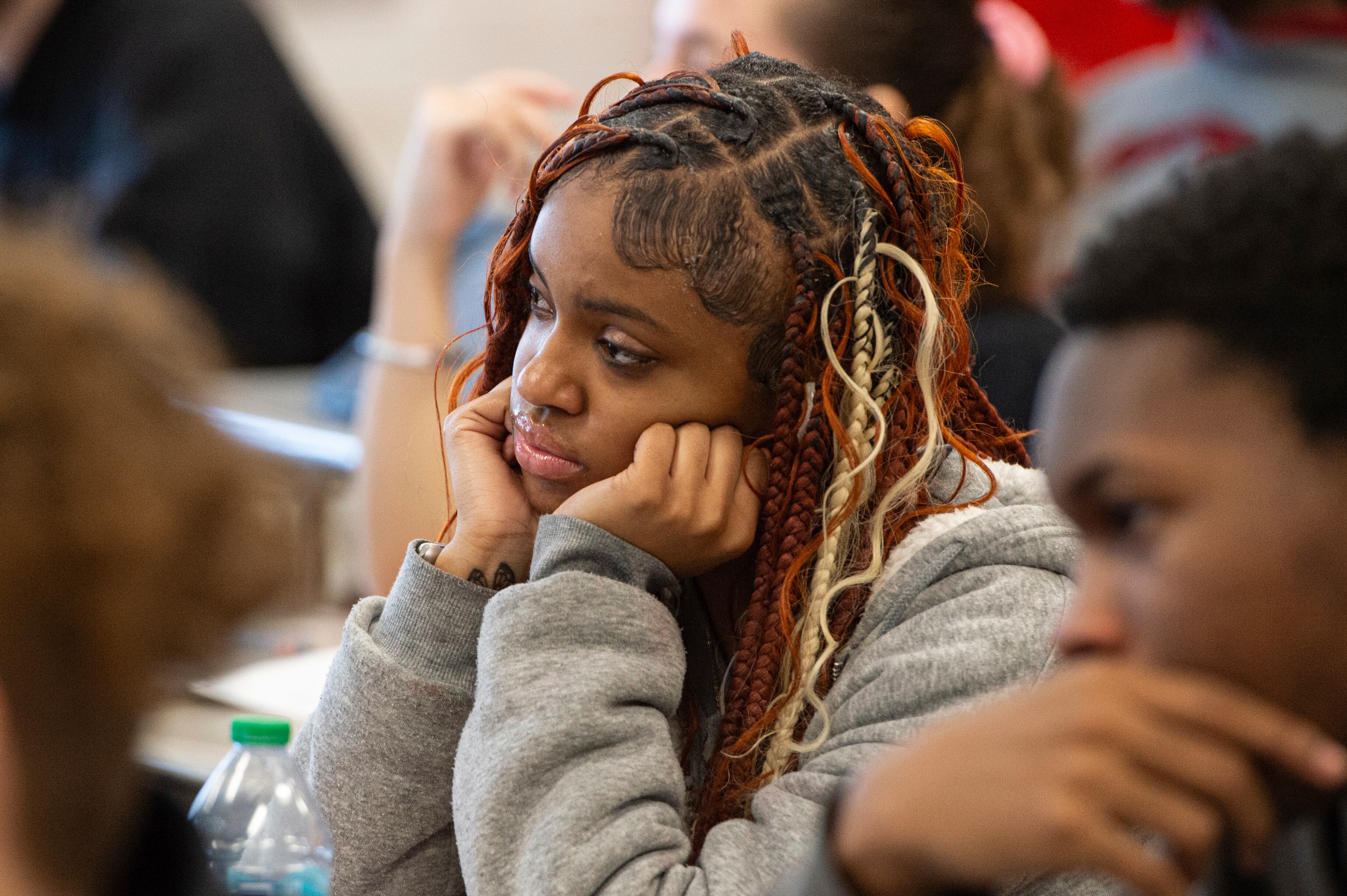Sleep Training for Teenagers: Schools Introduce Programs to Tackle Adolescent Sleep Deprivation
Sleep training isn’t just for babies anymore. A growing number of schools across the United States are introducing sleep education programs aimed at helping teenagers improve their sleep habits—a move experts say could have significant impacts on mental health, academic performance, and overall well-being.
With teenage sleep deprivation reaching alarming levels, educators and health professionals are taking a proactive approach by incorporating sleep science into the school day. These lessons go beyond simply telling students to “go to bed earlier.” Instead, they offer evidence-based strategies, from managing screen time and stress to establishing consistent sleep routines and understanding the importance of circadian rhythms.
At the core of this new wave of sleep training is the recognition that teens face unique biological and social challenges that make quality rest difficult. During adolescence, the body’s internal clock naturally shifts, making it harder for teens to fall asleep before 11 p.m. Add to that early school start times, heavy homework loads, and digital distractions, and it’s no surprise that many students are functioning on far less than the recommended 8 to 10 hours of sleep per night.
In response, some districts are embedding sleep education into health curricula or wellness programs. Others are working with sleep specialists to design workshops and classroom sessions that teach students how sleep affects everything from emotional regulation to cognitive performance.
“Sleep is a pillar of health, but it’s often the one that’s most neglected,” says Dr. Alicia Martin, a pediatric sleep expert involved in one such school program. “We’re helping teens understand how sleep impacts their mood, memory, and even their ability to make good decisions. Once they understand the science, they start to take it seriously.”
One pilot program in California reported a notable improvement in students’ sleep duration and alertness during the school day after implementing a semester-long sleep curriculum. Teachers observed fewer instances of students dozing off in class and noted improvements in focus and engagement.
Parents are also getting involved, with some schools offering evening seminars to educate families on how to support healthy sleep at home. These sessions cover topics like setting technology boundaries, the impact of caffeine and late-night eating, and creating calming bedtime routines.
The push for teen sleep education comes amid broader efforts to reform school start times, with districts in several states opting to begin classes later in the morning to better align with adolescent sleep cycles. While structural changes are still being debated, educators believe that equipping teens with the tools to improve their sleep habits now is a step in the right direction.
As sleep continues to gain recognition as a crucial element of youth development, schools embracing sleep training programs are leading the way in addressing a long-overlooked public health concern.
Source : Swifteradio.com


